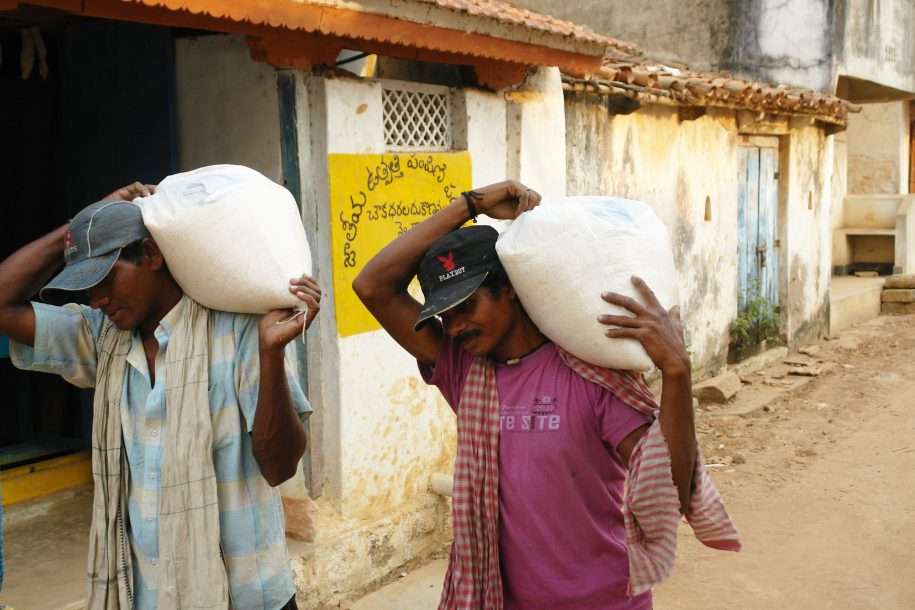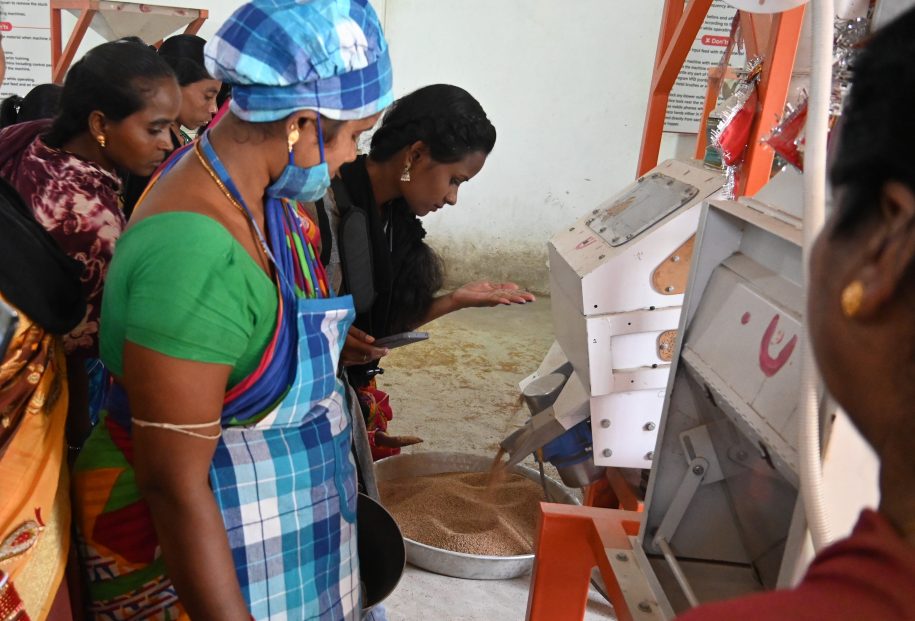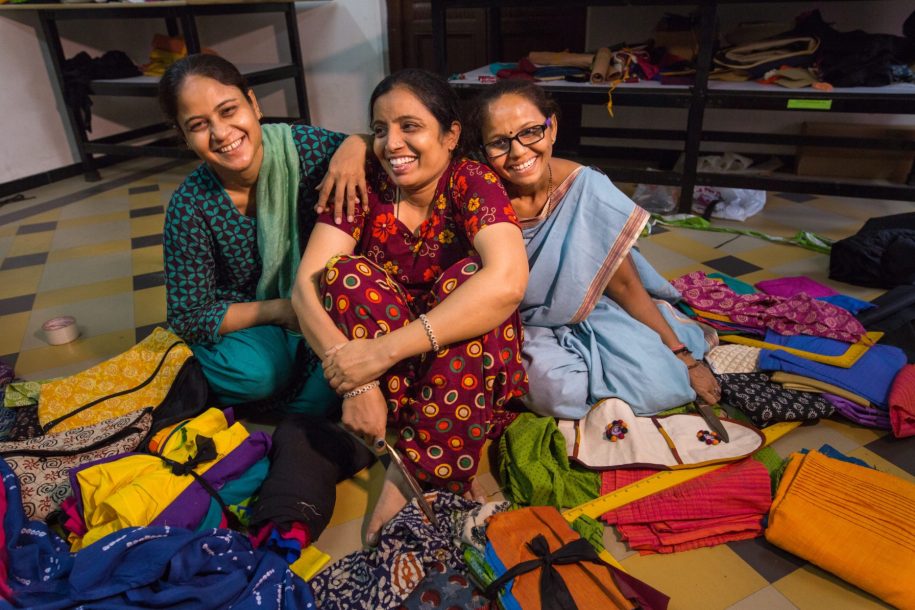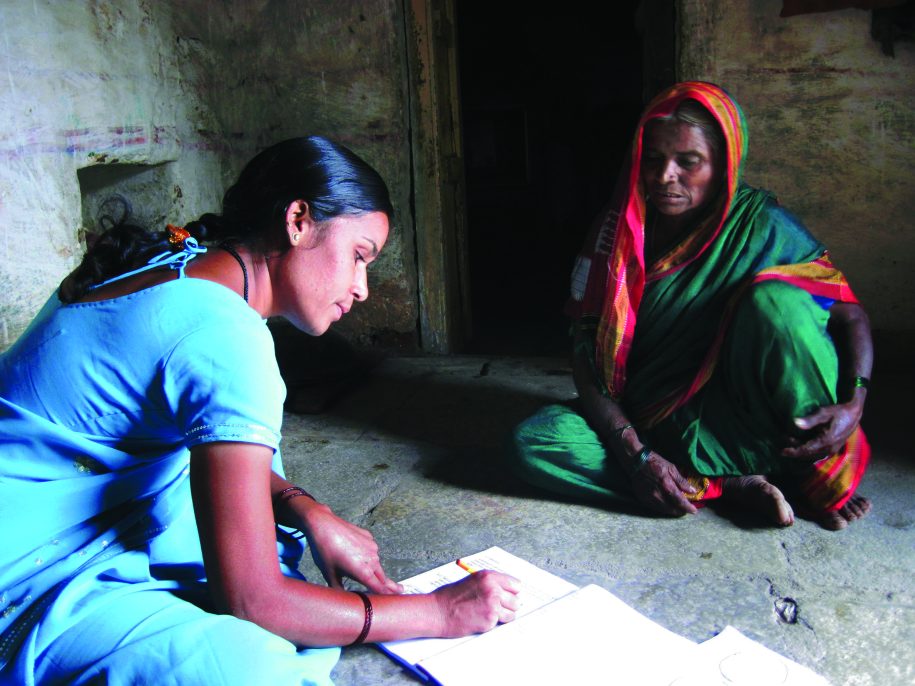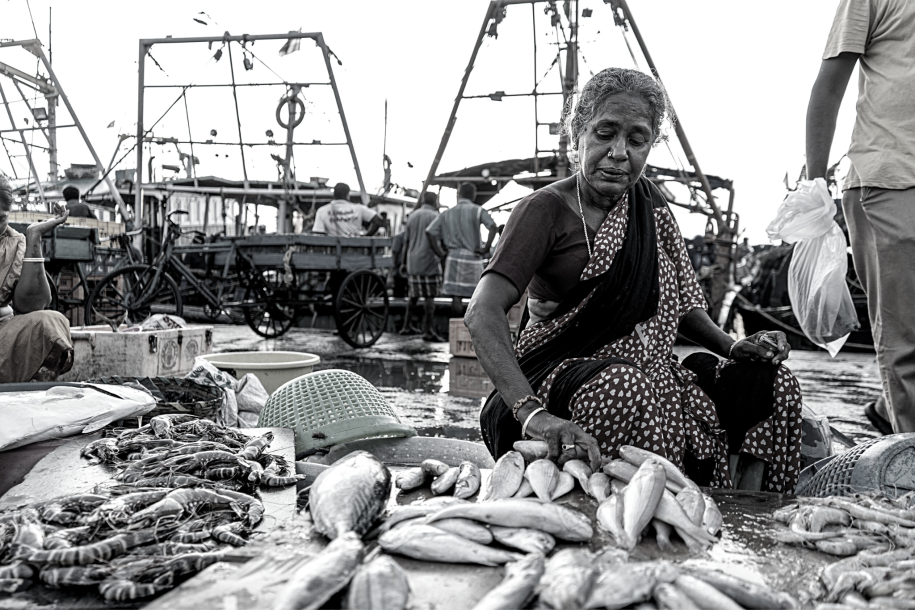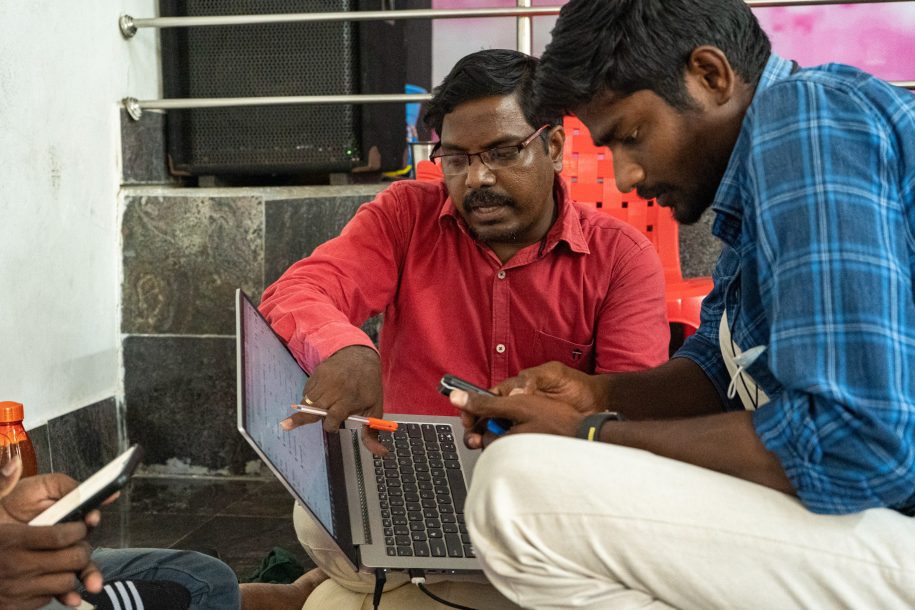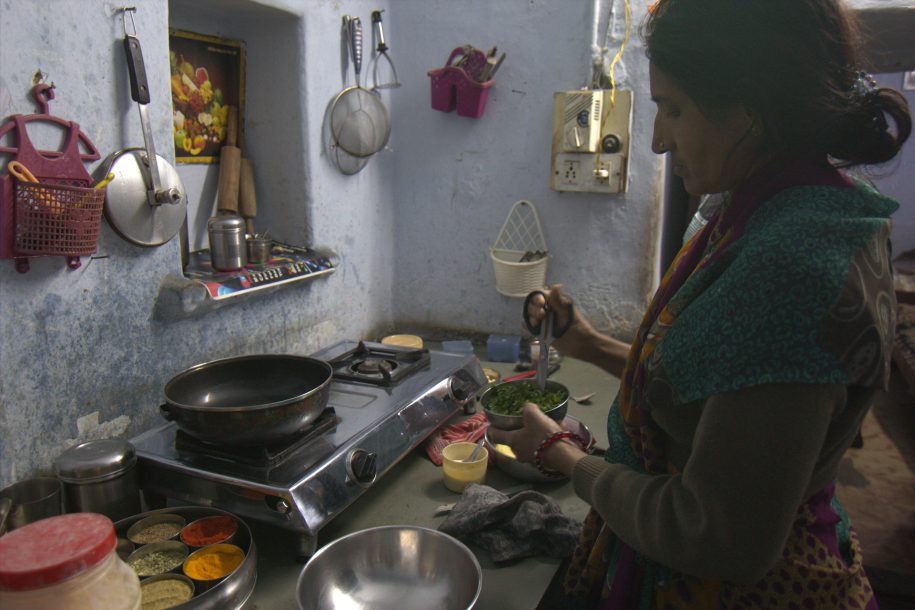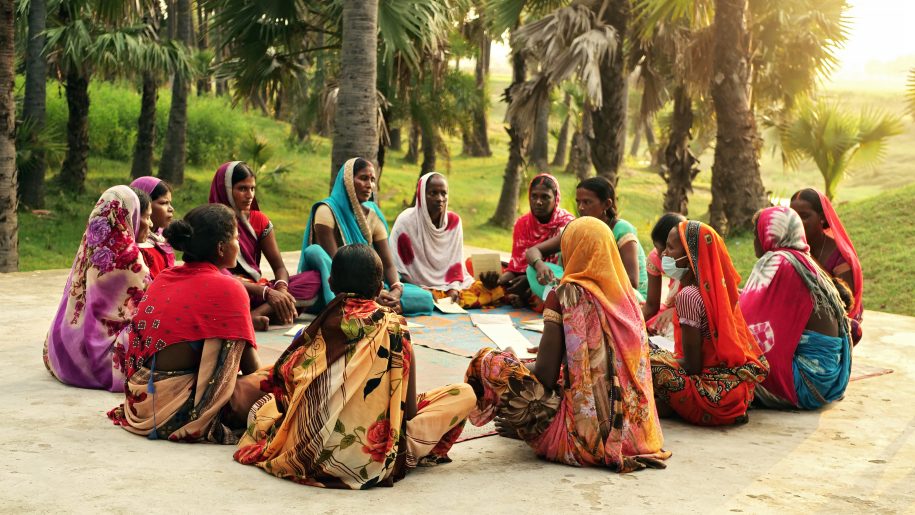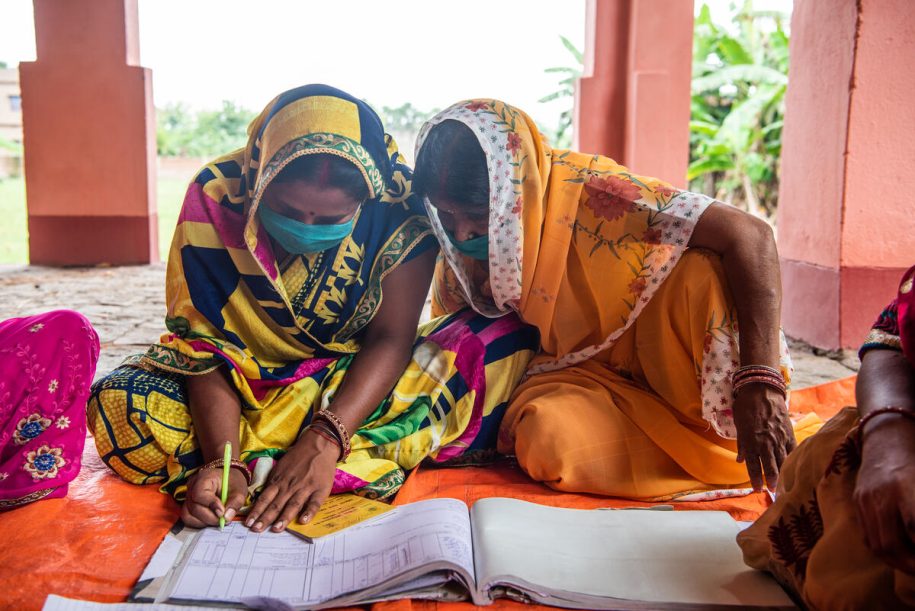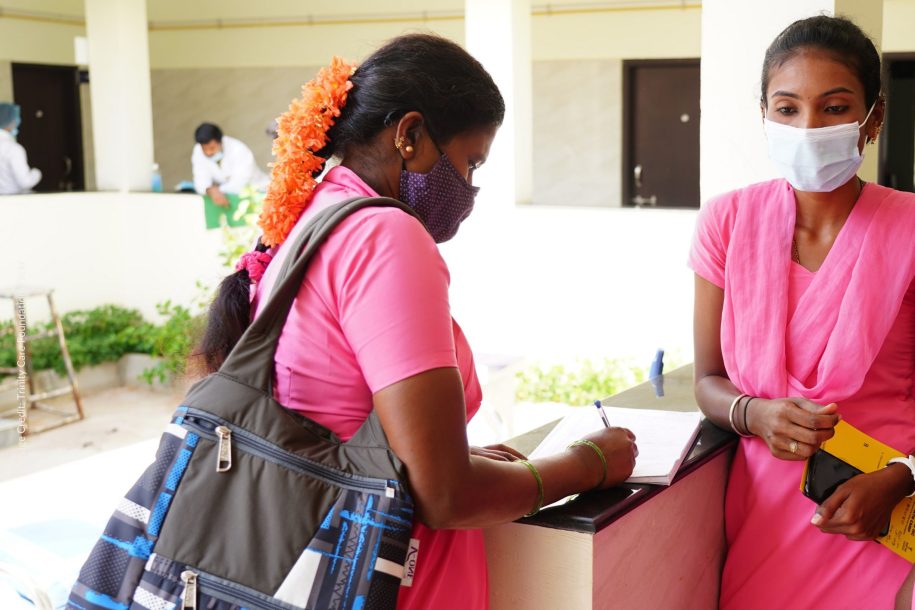The COVID-19 pandemic rendered millions of workers unemployed in India; during the first wave, the estimated unemployment rate in India peaked at 24% in April 2020. The pandemic also brought to the forefront the vulnerability of the migrant population in India who bore the maximum brunt. … Read More
-
 BlogFollow our blog for insightful analysis and expertise on development
BlogFollow our blog for insightful analysis and expertise on development
trends, policies and evidence.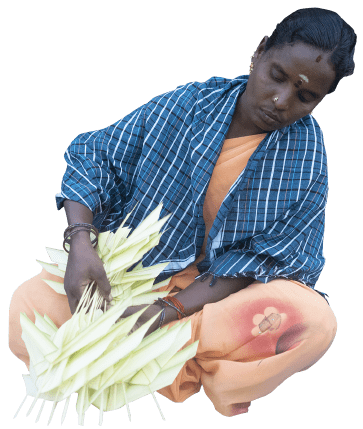
Six Learnings from Swashakt Program’s Complexity-aware Monitoring
Morchan Karthick | November 11, 2022
Monitoring, Learning and Evaluation (MLE) approaches for development interventions have been constantly evolving over time. It started as a country-level focus in the 1960s and expanded to individual program-level MLE approaches, methods and standards in the 1990s and newer and … Read More
Connections: How Social Interactions Shape Growth Stories of Women-led Enterprises
Aishwarya Joshi | September 28, 2022
This blog presents insights from a research study that seeks to understand how social interactions between women entrepreneurs and their business ecosystem intersect with their social and economic backgrounds, and in turn shape their business decisions and outcomes. “Women are … Read More
Postcards from the Village Square
LEAD at Krea University | July 30, 2022
Our research and field teams occasionally run into curious and amusing situations on their data-collection missions into the hinterland. These experiences also offer insights into people’s lived experiences and the various dimensions of the problems central to our research. Here … Read More
Delving Into the History of Pulicat, Its Inhabitants and Its Ecosystem
Vighnesh P, Kaavya Kumar, Sathiyan S, Siddarth M | June 16, 2022
This post on the history and socio-economic context of Pulicat was produced in collaboration with students from Ashoka University to observe World Environment Day. Pulicat or Pazhaverkadu is home to over 56 fishing communities which depend on this endangered ecosystem … Read More
Postcards from the Field
Keerthana Ramaswamy, Diksha Singh | June 13, 2022
In this new series, we bring forth anecdotes and lessons from our field interactions in Bhagalpur, Bihar and Tondiarpet, Tamil Nadu.
Moving the Clean Cookstoves Sector Forward: Six Principles for Investors
Fabrizio Valenti, Mitzi Perez Padilla | February 23, 2022
Around 3 billion people across the world rely on solid fuels for their daily cooking needs. The adverse effects of traditional cooking methods on health, socio-economic and environmental conditions, especially among women, are well documented. Clean cookstoves promise a solution to these … Read More
Social Welfare Delivery in the Age of Platforms: Comparing Private Models
Bhaskar Pant, Deveshi Chawda | February 2, 2022
Globally, 1.3 billion people (22 per cent) live in multidimensional poverty – with millions of households in 107 countries living with undernourished members, out-of-school children, and lacking access to electricity and clean cooking fuel. The Covid-19 pandemic is estimated to … Read More
Re-imagining Entrepreneurship Models for Rural Women
Tanushree Bhan | January 17, 2022
Building on the evidence highlighted in the first part of this two-part blog, the discussion in this second piece is anchored in a normative framework that shapes individual and household-level decision-making processes governing “appropriate” jobs for rural women. These norms do … Read More
COVID-19 and Adaptation to Mental Health Services
Sapna Nair and R Padmavati | January 10, 2022
COVID-19 caused disruptions in services to those with mental illness in several countries across the globe. While these disruptions have been well-documented, few studies have looked at the service provider perspective. A recent study by LEAD at Krea University and the Schizophrenia … Read More
- « Previous Page
- 1
- 2
- 3
- 4
- 5
- …
- 25
- Next Page »

